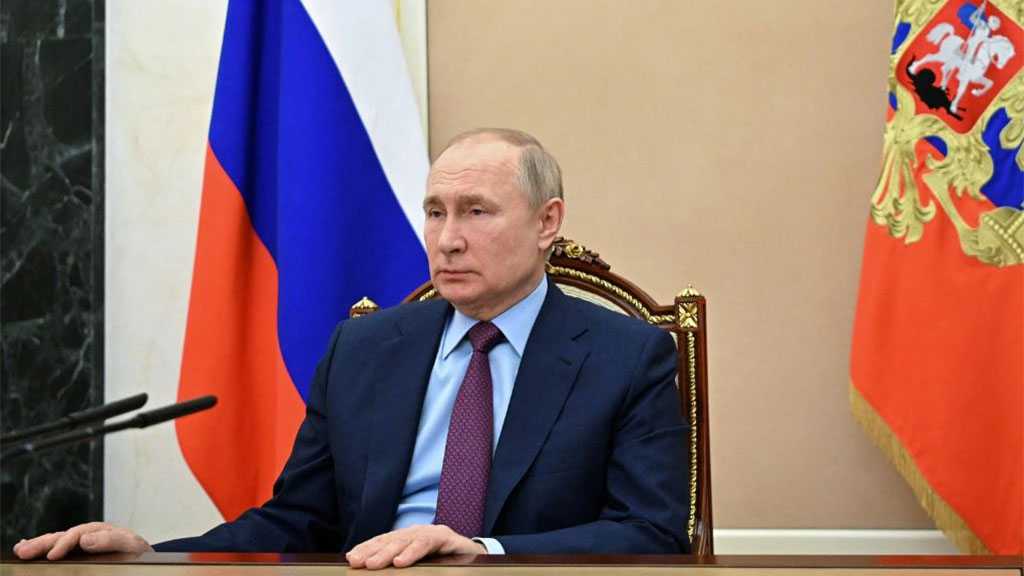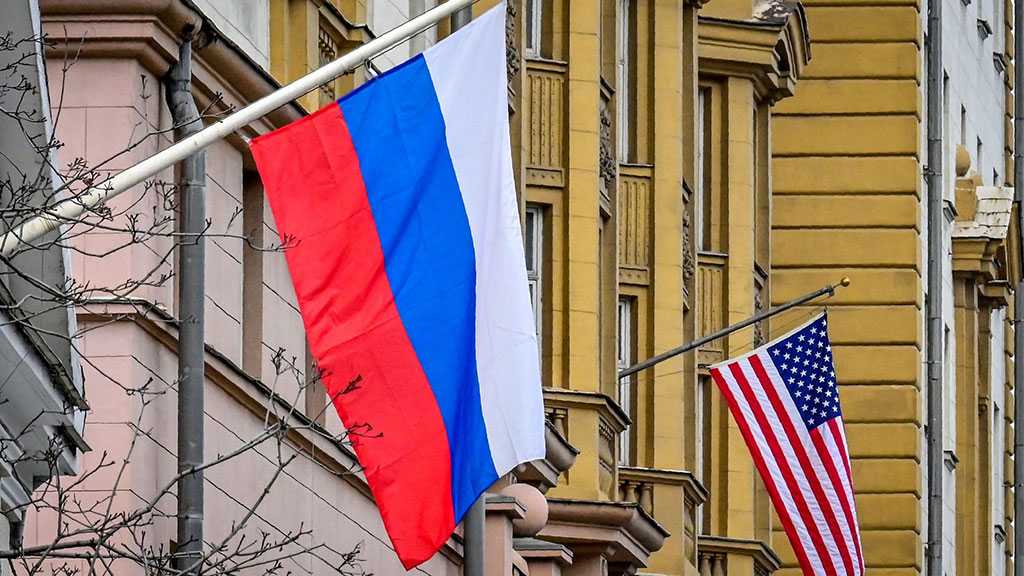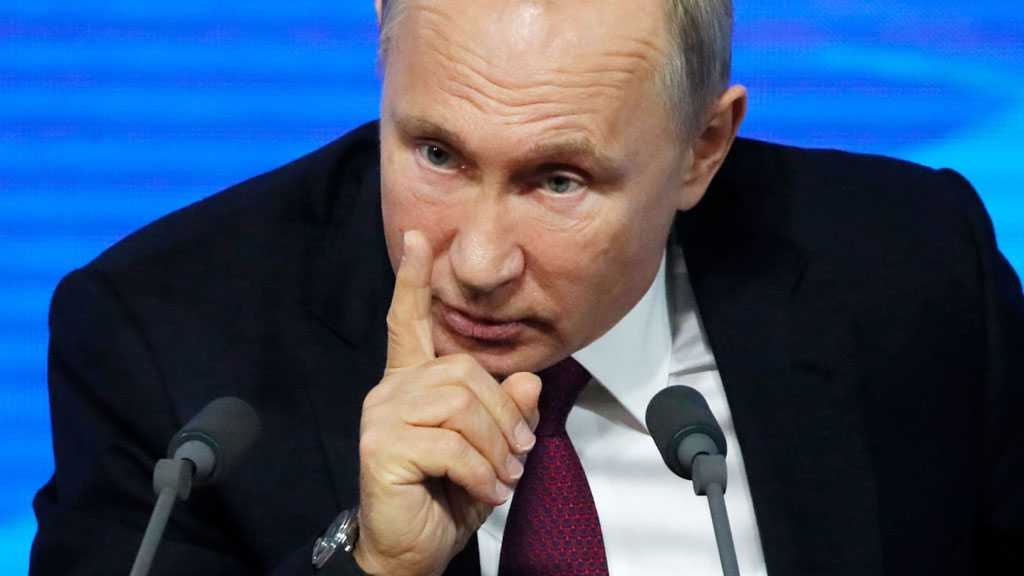
Russia To US: End The Hysteria

By Staff, Agencies
The Russian Embassy in Washington advised the US to stop hyping up the possibility of a war between Russia and Ukraine urging it to end the constant “hysteria” against Moscow.
It further suggested that the rhetoric from American officials is making the situation worse.
The embassy’s comment, published to Facebook on Wednesday, signals a rare moment of unity with Kiev, which has also pleaded with Washington to stop pushing the narrative of impending war. Just one day before, a senior member of Ukrainian President Volodymyr Zelensky’s ruling party also accused the US of “hysteria.”
According to the Russian Embassy, Washington is “fueling journalists’ militarist rage.” The statement came in response to a CNN interview with Ned Price, the spokesman of the US State Department, when he accused Moscow of spreading disinformation on the situation in Ukraine.
“It is obvious that the flywheel of the anti-Russian hysteria spinned [sic] in the United States does not allow American colleagues to look at things objectively. Self-hypnosis about the inevitability of the Russian attack persists,” the statement said, urging the State Department to focus on truly important issues of diplomatic settlement of the intra-Ukrainian conflict.
The statement by the Russian diplomatic mission echoes a similar one made on Monday by David Arakhamia, the parliamentary faction leader of Ukraine’s ruling Servant of the People party. Arakhamia appeared on Ukrainian national TV with harsh criticism of American mainstream media regarding their coverage of an alleged Russian invasion.
The member of Kiev’s ruling political party accused CNN, Bloomberg, and WSJ of spreading “fake news.”
“We have to study [their publications] because these are the elements of a hybrid war,” the senior politician said, adding that Ukraine was being used as a token for negotiations of new security architecture in Europe, causing the country to lose from $2 billion to $3 billion per month due to artificially created panic.
Comments
- Related News

Moscow: Talks with US Unlikely
4 months ago
Russia Warns Its Nationals Against Traveling To US
5 months ago
